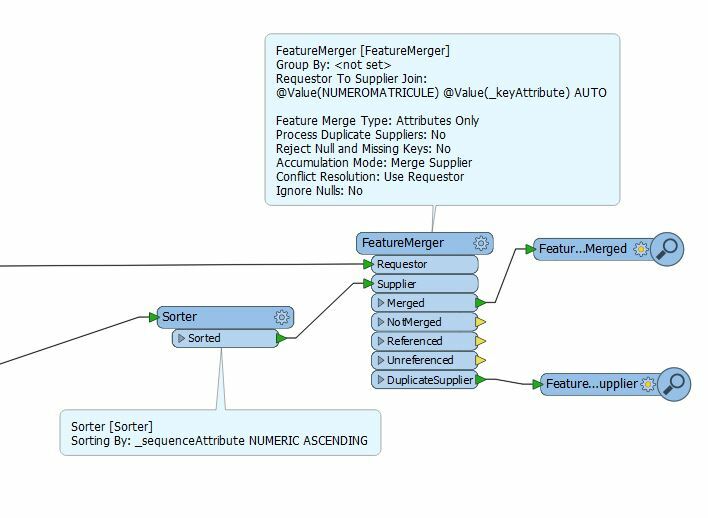Do we have a transformer which which joins two parent and child table using common key. where child has many references for each parent key, child table has one Sequence number field to sort or order by to get the first row. Like we get ORDER BY Seq_NO and ROWNUM=1 in sql query.
Reply
Rich Text Editor, editor1
Editor toolbars
Press ALT 0 for help
Enter your E-mail address. We'll send you an e-mail with instructions to reset your password.














